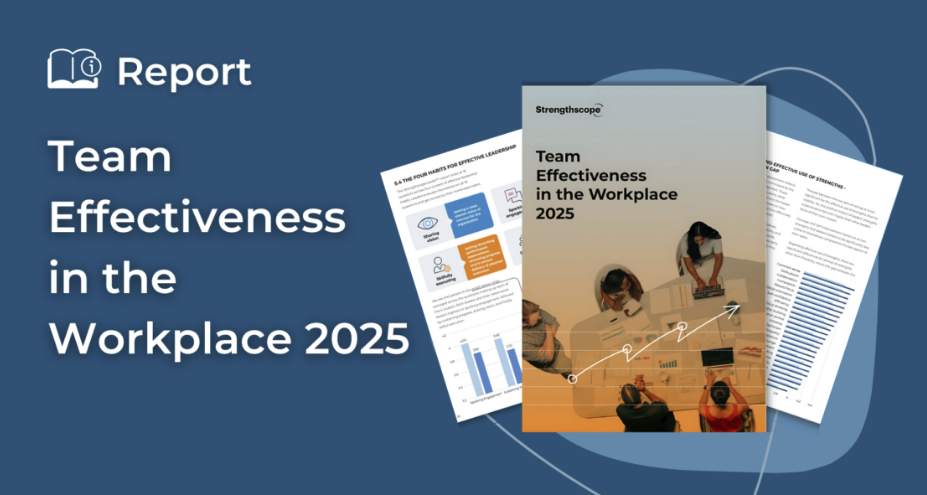Global leaders suffering from imposter syndrome
Research reveals perception gap between leaders and their teams has grown by 75% over five-year period.
Research of more than 1,200 leaders and their teams shows that leaders in businesses globally are suffering from a crisis of confidence when it comes to their strengths, according to a report from strengths development organisation, Strengthscope.
When asked to rate their strengths, leaders underestimate themselves in a number of areas including courage, strategic mindedness, compassion and self-improvement when compared to how their teams* rate them.
The findings also found the perception gap between how leaders rate the effectiveness of their leadership skills, compared to their teams perception of them, has grown by 75% since 2019. This highlights a disconnect between how well leaders think they’re performing in comparison to how their team perceives their performance since the pandemic.
Leaders’ imposter syndrome may have been caused by the increased expectations, pressure and complexity of the current workplace. The challenge of managing remote teams, alongside post pandemic re-calibration of employees’ expectations of work, and the need for greater kindness and compassion have led to leaders feeling less effective and less confident in their leadership skills.
Dr Paul Brewerton, chartered occupational psychologist and founder of Strengthscope, comments, “Leaders have had to deal with a lot of changes over the past five years often with limited support and skills in managing people. If leaders are not aware of their innate strengths, they may not be aware of their impact either and this is critical for productive and effective team dynamics. We know that the impact of hybrid and remote working, since the pandemic, with all its benefits, can negatively impact the communication between managers and team members if the change is not handled appropriately.
“Leaders should be less self-critical. It’s time for leaders to recognise their achievements and continue to build on the strong foundations they have laid post-pandemic. Their stakeholders are noticing leaders’ hard work, and leaders can afford to be a little less tough on themselves,” Brewerton concludes.
The most notable gaps in ratings are for courage, self-improvement, leading, strategic mindedness, enthusiasm and compassion, where raters regard the leader as significantly more effective than they rate themselves. These are critical skills for leaders in any business, especially during times of uncertainty and change.
“When HR and L&D teams are looking into building skills for leaders, they often look at gaps in knowledge as well as weaknesses and try to close those gaps. While this approach can be appropriate at times, there is immense value in understanding and doubling down on the strengths of your leaders. By understanding what energises them and what they’re good at, HR teams can utilise these more effectively for better business outcomes.”
The research is based on 1,272 leaders completing Strengthscope’s assessment and development tool between October 2023 and September 2024. The assessments were completed by senior level leaders in finance, marketing, HR, operations, IT, legal, sales etc. To further enrich analysis, the data is reflective of participants from the UK, Europe and the US. The results were compared to 2019 figures to provide a five-year change.
Team Effectiveness in the Workplace 2025


